Kubetools
Personal Stories From The Life of a Writer
-

k0smotron: Revolutionizing Kubernetes Cluster Management
•
Table of Contents Introduction Installation Real Use-Case Example Implementation with Code Snippets Conclusion Introduction Kubernetes has become the de facto standard for container orchestration, and efficient cluster management is crucial. This blog introduces k0smotron, an open-source control plane manager designed for k0s, offering unified Kubernetes cluster management with enhanced features. Installation Let’s dive into…
-

Docker Compose File to Kubernetes Resources using Kompose
•
Docker Compose is a tool for defining and running multi-container Docker applications. It is a popular choice for developing and deploying applications locally. However, it can be difficult to translate a Docker Compose file to Kubernetes manifests. This is where Kompose comes in. Kompose is a tool that can automatically convert Docker Compose files…
-
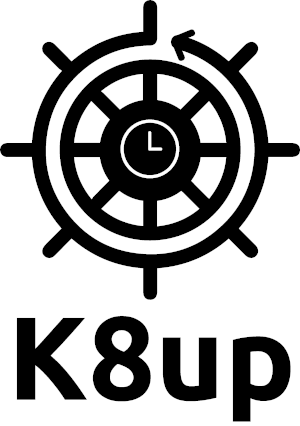
Unlocking Kubernetes Backup Power with K8up
•
Introduction As Kubernetes solidifies its position as the orchestrator of choice for containerized applications, the need for robust backup solutions becomes paramount. Enter K8up – a Kubernetes Operator designed to handle PVC and application backups effortlessly. In this comprehensive guide, we’ll delve into K8up’s architecture, guide you through the installation process, and demonstrate its…
-

Unlocking Scalability and Resilience: Dapr on Kubernetes
•
Introduction Modernizing applications demands a new approach to distributed systems, and Dapr (Distributed Application Runtime) emerges as a robust solution. Dapr simplifies the development of microservices-based applications, offering a set of building blocks for common challenges. In this blog post, we’ll delve into the integration of Dapr with Kubernetes, exploring installation, initialization, API usage,…
-

k0smotron: Revolutionizing Kubernetes Cluster Management
•
Table of Contents Introduction Installation Real Use-Case Example Implementation with Code Snippets Conclusion Introduction Kubernetes has become the de facto standard for container orchestration, and efficient cluster management is crucial. This blog introduces k0smotron, an open-source control plane manager designed for k0s, offering unified Kubernetes cluster management with enhanced features. Installation Let’s dive into…
-

Streamlining Kubernetes Networking with K8s-Insider
•
Kubernetes, the ubiquitous container orchestration platform, has transformed the way we deploy, manage, and scale containerized applications. However, Kubernetes networking can sometimes be a daunting task, especially for developers and operators new to the ecosystem. This is where K8s-Insider comes to the rescue. In this comprehensive guide, we will delve into what K8s-Insider is,…
-

Stern: Simplifying Kubernetes Log Tailing
•
Kubernetes, the popular container orchestration platform, is known for its robustness and scalability. However, managing applications in Kubernetes can be a daunting task, especially when it comes to debugging and monitoring. One common issue developers and operators face is dealing with logs from pods running in Kubernetes clusters. It can be challenging to keep…
-
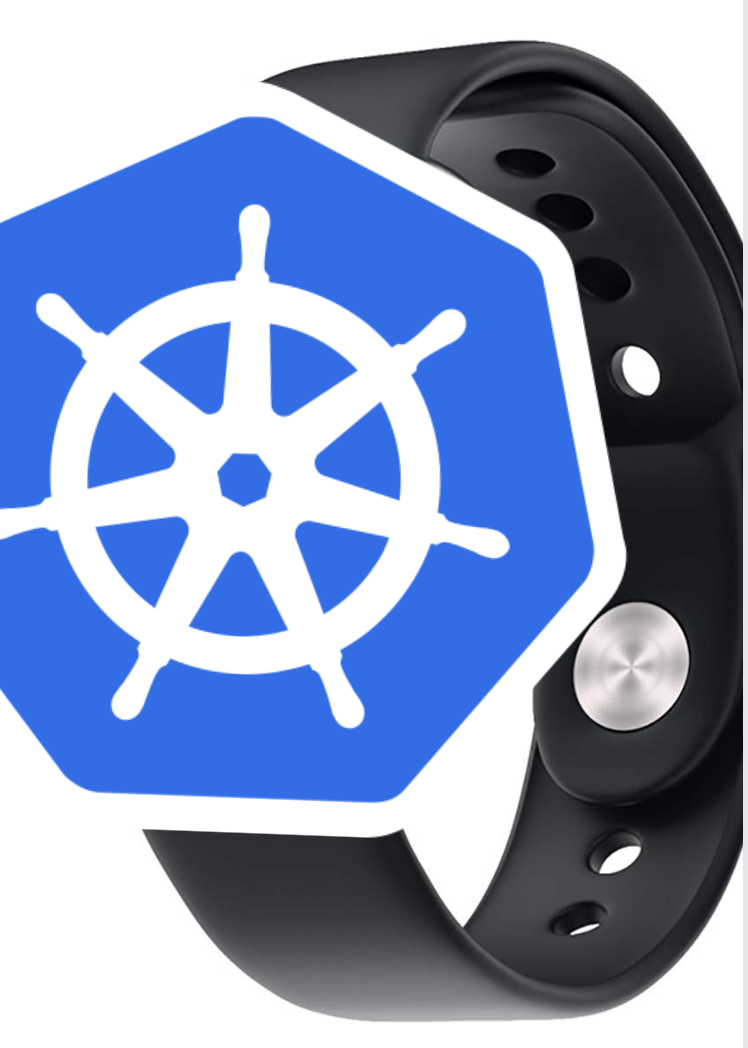
Monitoring Node Health with node-problem-detector in Kubernetes
•
Kubernetes is a powerful container orchestration platform that allows users to deploy and manage containerized applications efficiently. However, the health of the nodes in a Kubernetes cluster is crucial for the overall stability and reliability of the applications running on it. Node problems, such as hardware failures, kernel issues, or container runtime problems, can…
-

Supercharge Your Kubernetes Cluster with Karpenter
•
Kubernetes has become the de facto standard for managing containerized applications at scale. However, one common challenge is efficiently scaling the cluster to meet the demands of your workloads. This is where Karpenter comes in. Karpenter is a powerful tool that automates the provisioning of nodes in response to unschedulable pods. In…
-

Kubestalk: Uncovering Hidden Security Risks in Your Kubernetes Clusters
•
Kubernetes is a popular container orchestration platform used to deploy, scale and manage containerized applications. Kubestalk is a tool that integrates with Kubernetes to help you manage Kubernetes resources using GitOps principles. In this blog, we will provide an introduction to Kubestalk, discuss how to install it, and explore real-world use-cases with code…
-

How to build scalable, modular, and event-driven applications using Sveltos and Kubernetes
•
In modern application development, microservices architecture is becoming increasingly popular due to its scalability, reliability, and agility. However, managing microservices can be complex, and it requires a platform that can handle containerized applications, like Kubernetes. Sveltos is a microservices framework that simplifies the development of microservices and can be easily deployed on Kubernetes.…
-

Kubeshark – API Traffic Analyzer for Kubernetes
•
Kubernetes is a popular container orchestration platform that enables developers to manage their containerized applications. However, with its distributed nature and complexity, debugging and troubleshooting issues can be a challenge. To overcome this challenge, Kubeshark provides real-time protocol-level visibility to Kubernetes traffic, coupled with a rich query language, a service map, and a dashboard.…
-
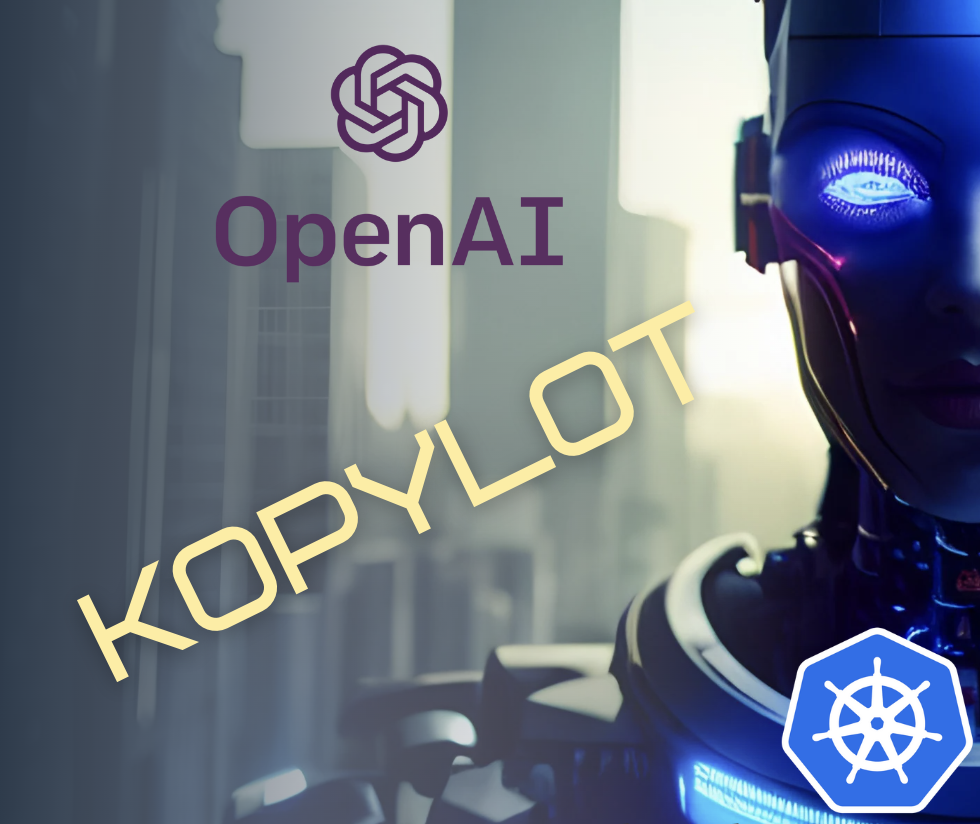
KoPylot: An AI-Powered Kubernetes Assistant for DevOps & Developers
•
KoPylot is a cloud-native application performance monitoring (APM) solution that runs on Kubernetes. It is designed to help developers and operations teams diagnose and troubleshoot issues in complex distributed systems. It provides real-time insights into application performance, including metrics, traces, and logs, to help teams identify and resolve issues quickly. Introduction Kubernetes is a popular…
-
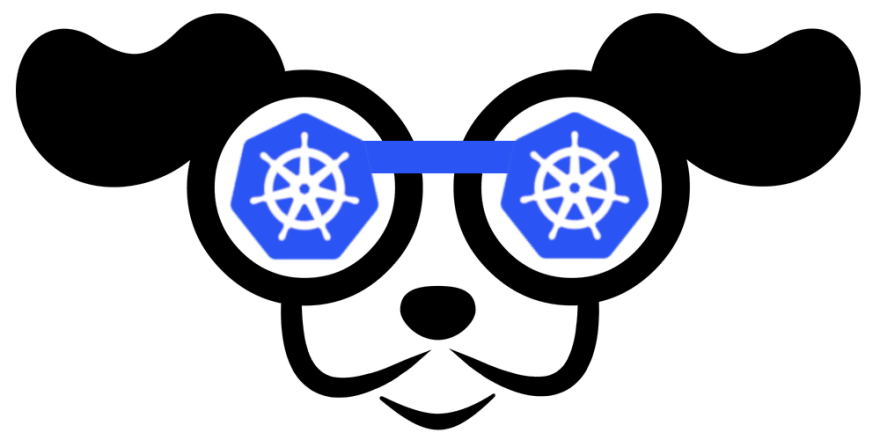
Why K9s Should Be Your Go-To Tool for Kubernetes Management
•
Managing a Kubernetes cluster can be a daunting task for many reasons. Kubernetes is a complex system that requires knowledge of multiple components, including pods, services, deployments, replicasets, and more. Moreover, managing a Kubernetes cluster using CLI requires an in-depth understanding of Kubernetes resource specifications, such as YAML files, and the intricacies of Kubernetes…
-
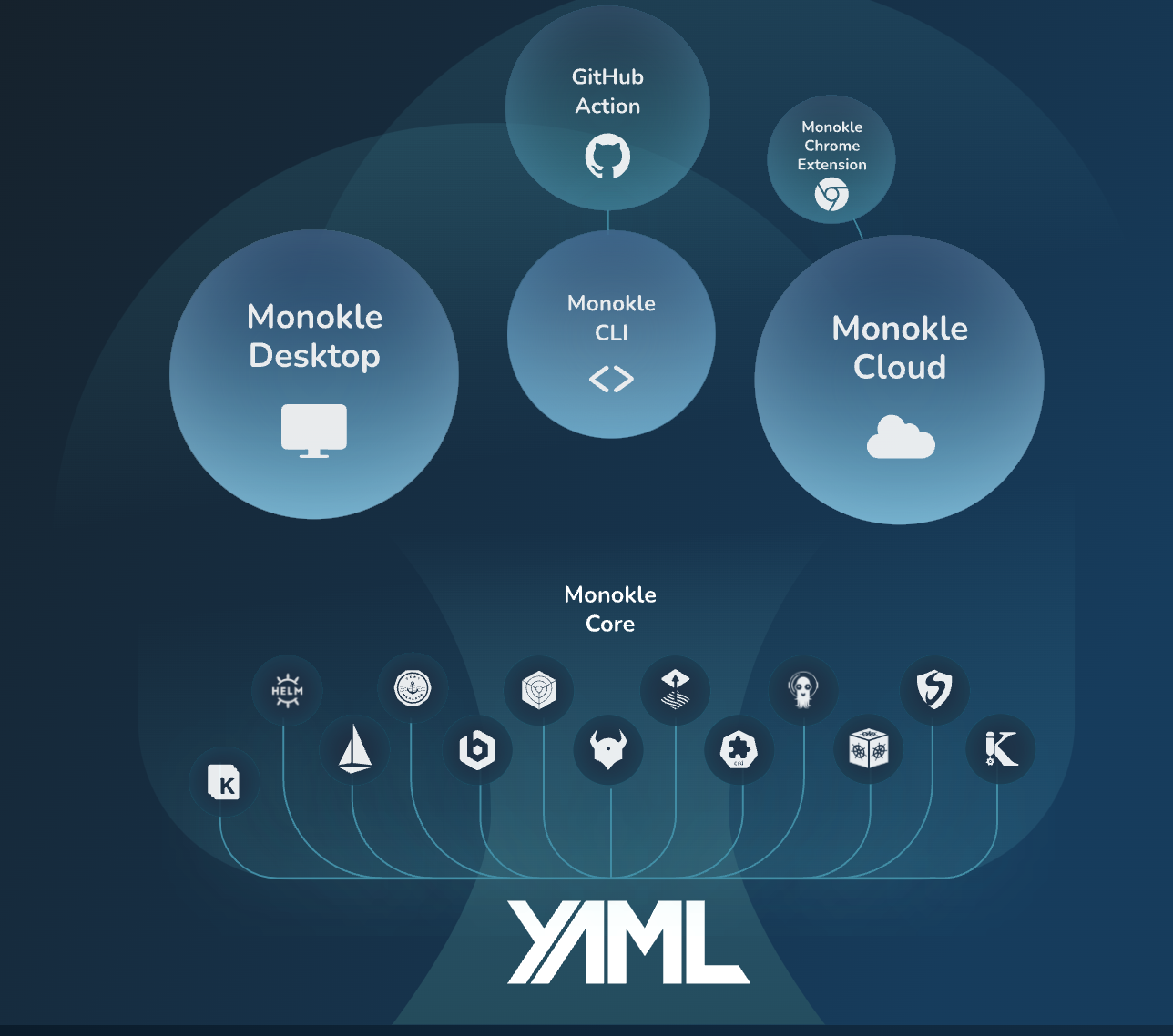
Streamline Your Kubernetes Manifest Management with Monokle
•
Kubernetes is a powerful tool for managing containerized applications at scale. With Kubernetes, you can deploy and manage your applications in a scalable and fault-tolerant way. However, managing Kubernetes manifests can be a challenging task, especially as your application grows and becomes more complex. In this blog post, we will explore Monokle, a powerful tool…
-
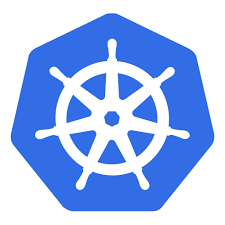
YAML Tips for Kubernetes
•
Due to its popularity in the DevOps and container orchestration communities, many organisations and developers who use tools like Kubernetes, Ansible, and Docker are likely to be using YAML on a regular basis. YAML (Yet Another Markup Language) is a human-readable data serialization format that is often used for configuration files and data exchange between different systems.…